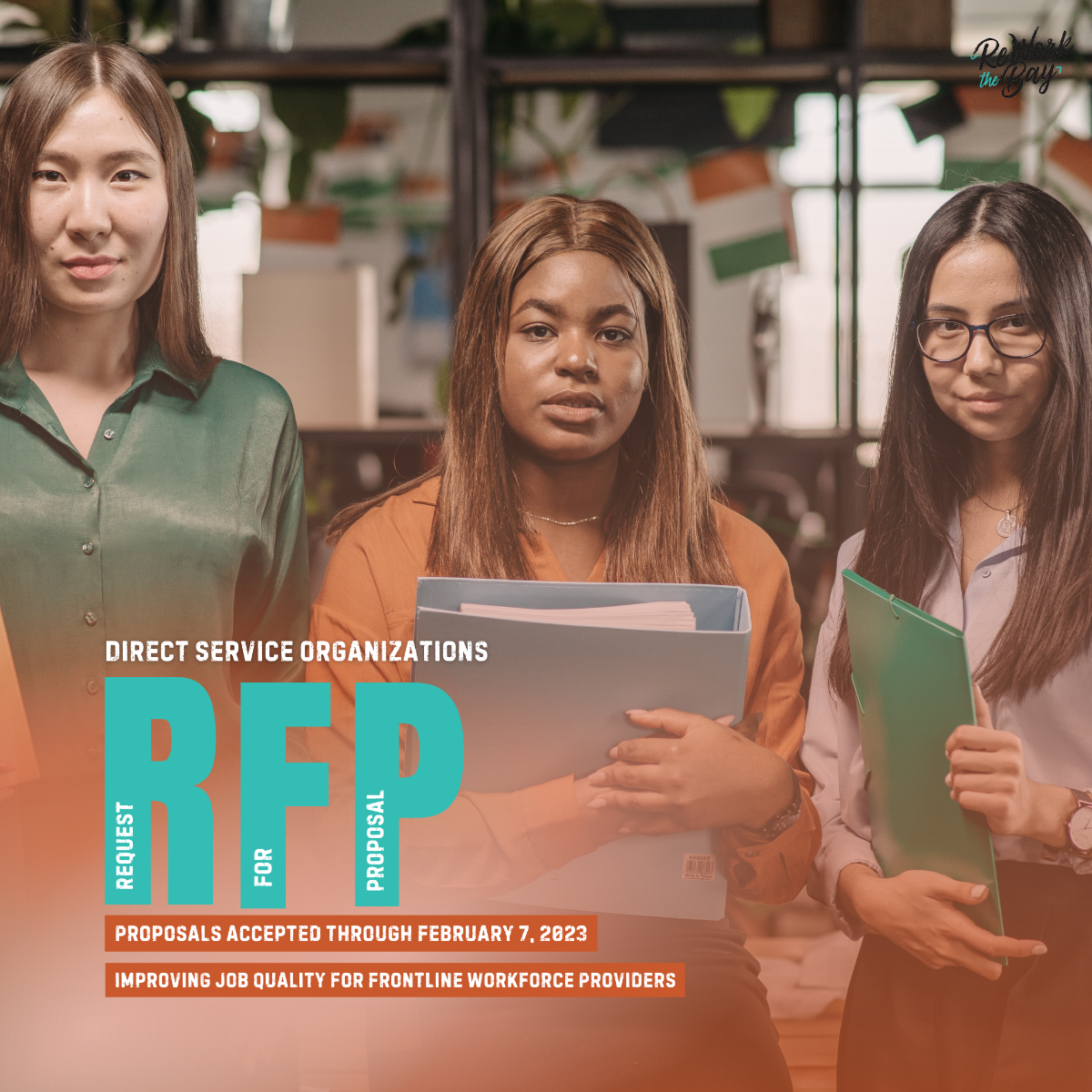Threading the Past into the Present – ReWork the Bay March Newsletter
My eight-year-old daughter has been learning math in her second-grade class, and I am frequently getting questions like “what happens when you multiply a negative?” Unfortunately for my daughter, I have forgotten a lot of what I learned in grade school math classes (not my favorite subject). Having said that, I do know what happens when you multiply a negative. It becomes an even bigger negative number.
At the beginning of 2023, after four months of offering hospice care in our family home, I said goodbye to my paternal grandmother, who raised me. During her healthy years, she tended to our family in all the grandmotherly ways that you would expect. And as an immigrant who survived several wars in the Philippines, she was a resourceful and feisty lady.
Because of the ways she weaved the past and future together, history always seemed very present to me. Alive even.
Though, to be honest, it wasn’t until my grandmother passed away that I truly saw her as more than one-dimensionally, my grandmother. Unpacking boxes in her closet, I am seeing glimpses into how fully she lived as an immigrant worker, a colleague, and a union member. In fact, I found a treasure trove of receipts to her union membership dues for the Hotel and Restaurant Employees and Bartenders International Union AFL-CIO from 1978 that ranged from $16-25 each month. Buried close by was the 1986 United Garment Workers of America Constitution. There were photos of her and her coworkers smiling in the break room, celebrating each other’s life milestones like engagement parties and birthdays. I also found an album full of photos documenting a work-sponsored trip from a raffle winning that brought her and my grandfather to Los Angeles, CA for the 1984 Summer Olympics!
For nearly 20 years, she proudly worked at Levi Strauss until she retired to take care of her 18 grandchildren…or so they say.
When I take a step back and think of the conditions of our economy at that time, I also am suspicious that her retirement from a localized union job may not have been her choice. This time period was a turning point: it paralleled the disappearance of the garment industry in San Francisco and its outsourcing to overseas factories where labor standards were weak.
My grandmother made choices with the conditions she had to face. One thing is very clear to me as I look at what has been left behind from her paid working days: her job was more than just a job. It gave her a path toward financial independence. It was a source of community. It was a place where her skills were cultivated and shared.
Today, I walk by Levi’s Strauss Plaza as I stroll across the Financial District toward our offices. And I feel my grandmother’s spirit. And her coworkers. And I know that there are so many stories that are untold about their struggle and resilience as they faced exploitation and repression.
The past is not far behind us and, in fact, lives on through us. I realize that my grandmother’s work life is so intertwined with mine. For many reasons, I would not be where I am without her.
The labor movement continues to this day and is facing intensified conditions of globalization and financialization that my grandmother and her coworkers were beginning to see emerge over 20 years ago. From Hello Fresh workers in Richmond, CA, to Amazon workers in Staten Island, NY, workers are standing up as collectives against their big corporation bosses, despite systematic attacks on their livelihoods. Even more broadly, Bargaining for the Common Good is organizing a longer-term vision that brings together community and union members to win a future where we all thrive. These are the legacies that we steward, and they are alive in us through the choices we make together every day.
As for me, I am leaving the ReWork team with the biggest of smiles, knowing I will be carrying this forward into my next chapter. Ultimately, I wonder: what will we be able to tell our future descendants of the conditions we faced and how we responded?
-Sulong (“Onwards” in Tagalog),
Kayla, Brianna, and Rob
To read future newsletters, click here to subscribe.


 Photo by Vlad Deep on Unsplash
Photo by Vlad Deep on Unsplash  Photo by Katia Rolon on Unsplash
Photo by Katia Rolon on Unsplash  Photo by Spencer Wynn on Unsplash
Photo by Spencer Wynn on Unsplash